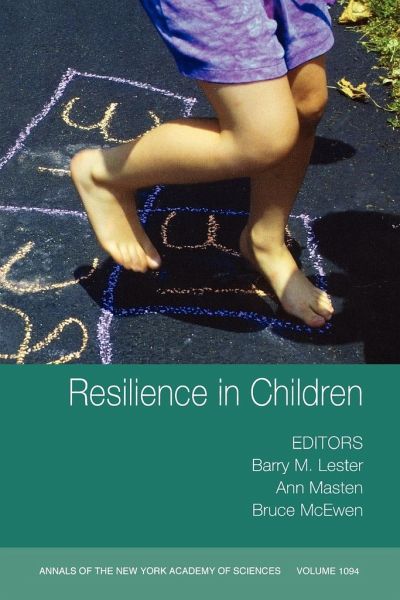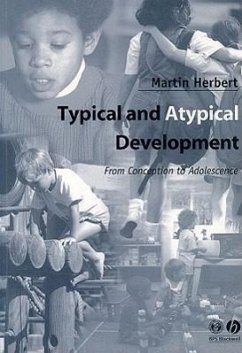
Resilience in Children, Volume 1094
Versandkostenfrei!
Versandfertig in über 4 Wochen
144,99 €
inkl. MwSt.

PAYBACK Punkte
72 °P sammeln!
How are children who have experienced adversity able to function competently? Why do some children appear to be resilient? These fascinating, complex, and puzzling questions have been studied mostly from a behavioral and psychosocial perspective. Advances in neuroscience provide the opportunity to bring neurobiology to the study of resilience and to ask whether our knowledge of neurobiological processes and mechanisms can contribute to our understanding of resilience. The goals of this volume are to examine both the behavioral-psychosocial and neurobiological aspects of resilience and to help ...
How are children who have experienced adversity able to function competently? Why do some children appear to be resilient? These fascinating, complex, and puzzling questions have been studied mostly from a behavioral and psychosocial perspective. Advances in neuroscience provide the opportunity to bring neurobiology to the study of resilience and to ask whether our knowledge of neurobiological processes and mechanisms can contribute to our understanding of resilience. The goals of this volume are to examine both the behavioral-psychosocial and neurobiological aspects of resilience and to help move the field toward a model that integrates these two perspectives. The integration of the behavioral-psychosocial aspects with the "new biology" of resilience will provide an unprecedented understanding of processes of development in atypically and typically developing children and will have profound implications for preventive intervention programs. NOTE: Annals volumes are available for sale as individual books or as a journal. For information on institutional journal subscriptions, please visit www.blackwellpublishing.com/nyas. ACADEMY MEMBERS: Please contact the New York Academy of Sciences directly to place your order (www.nyas.org). Members of the New York Academy of Science receive full-text access to the Annals online and discounts on print volumes. Please visit www.nyas.org/membership/main.asp for more information about becoming a member.














